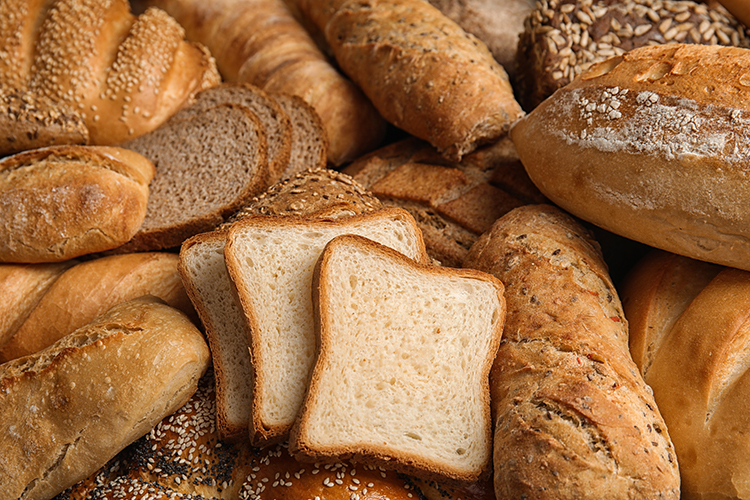Few foods prioritize freshness as much as bread.
Ensuring freshness has always been at the top of the to-do list for bakers, yet 90% of consumers say they wished commercial breads had another 14 days of freshness. Seven out of ten want the bread sold in their in-store bakery to stay fresher for another five days.
But freshness can’t come at the expense of other attributes consumers demand. Foods that are authentic and real are also high on their lists, as are companies they can believe in and nutrition labels that are easy to understand and transparent. More than six out of ten consumers agree with the statement, “I am what I eat; I pick my food carefully.”
That’s where clean-label comes in. Clean-label claims, positionings and ingredients that people recognize on the packages of the foods they buy give them some assurance that those foods are good for them to eat, said JoAnn Rupp, global insights manager at Lenexa, Kan.-based Corbion.
WHAT CONSUMERS WANT IN THEIR FRESH BREADS:
- Softness
- Resilience
- Moistness
- AND Clean-label
It’s a tall task for bakers — boosting freshness while maintaining clean-label bona fides. One of the main tools to help them is enzymes.
As bread ages on the shelf, it begins to lose three appealing characteristics: softness, resilience and moistness. That’s due to starch retrogradation. During the baking process, starches in the formulation, mainly amylopectin, absorb water, swell and gelatinize, creating much of the tender eating quality in bread.
After baking, though, the starch begins to lose some of the moisture it’s absorbed, causing the starch granules to recrystallize. That process, known as retrogradation, is the main source of staling and causes bread crumb to become firm, dry and brittle.
Enzymes can slow that process down — naturally.
“Enzymes help change the structure of starch to slow down the staling process and prevent recrystallization,” said Jesse Stinson, Corbion’s director of technology.
Enzymes cleave long-chain starches into shorter chains, which retrograde more slowly. That, in turn, delays staling and helps the bread crumb stay softer longer. And recent advancements in enzyme technology, Stinson added, have made it easier for bakers to ensure other aspects of freshness, including softness, moistness, resilience, tenderness and shelf life.
WHY ARE ENZYMES IMPORTANT FOR BAKING?
- Strengthen dough
- Increase dough absorption
- Reduce dough mixing time
- Increase bread volume
- Enhance bread quality
- Reduce bread staling and increase shelf life
- Reduce ingredient costs
Corbion’s Ultra Fresh® portfolio provides custom enzyme solutions that allow bakers to deliver on freshness and clean-label demands while also minimizing food waste, enhancing product quality and increasing stock levels at local retail and in-store bakeries.
“We can customize our solutions based on the desired texture and tolerance to ensure consistent quality throughout production. Working side by side with our customers allows us to identify and implement the most fitting solutions for their specific application and consumer needs,” Stinson added.
For premium breads, Corbion offers solutions such as Ultra Fresh Premium Advantage, Ultra Fresh Supreme 410X, Ultra Fresh Supreme 400 and Ultra Fresh Premium 220 with Organic Flour.
| Whatever a baker’s clean-label bread needs, Corbion has the answer, with a variety of products tailored for premium, standard and value breads. PREMIUM:
|


